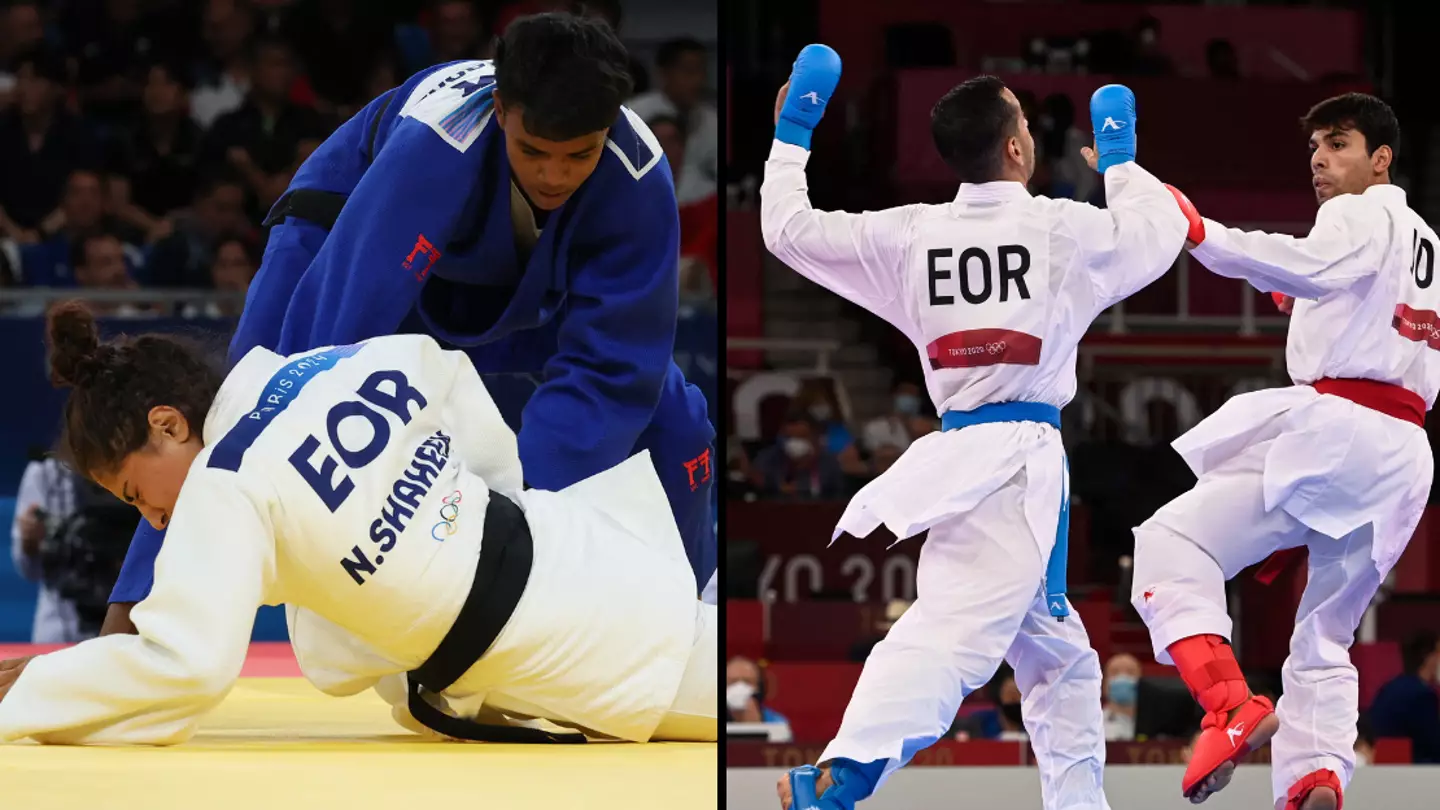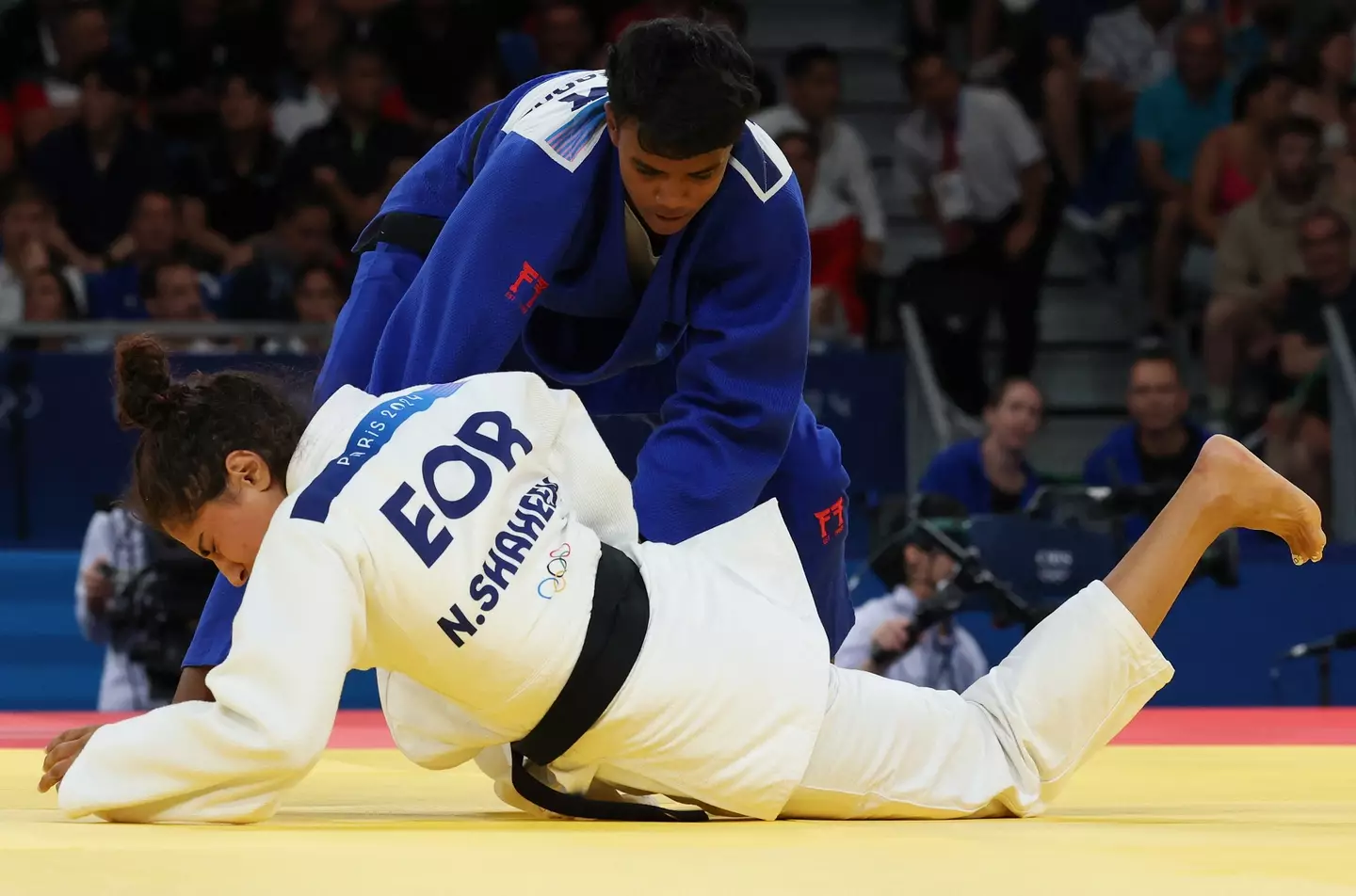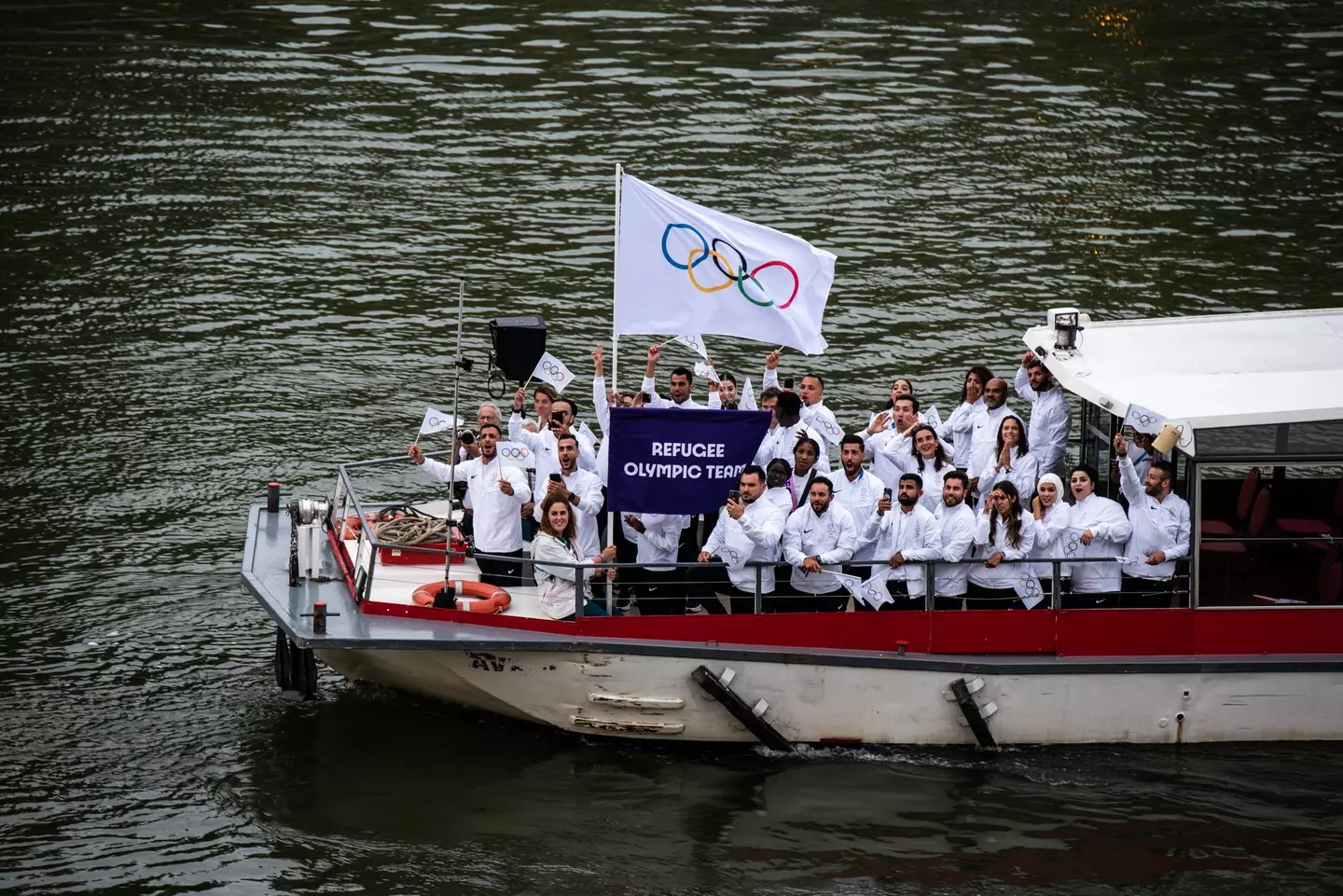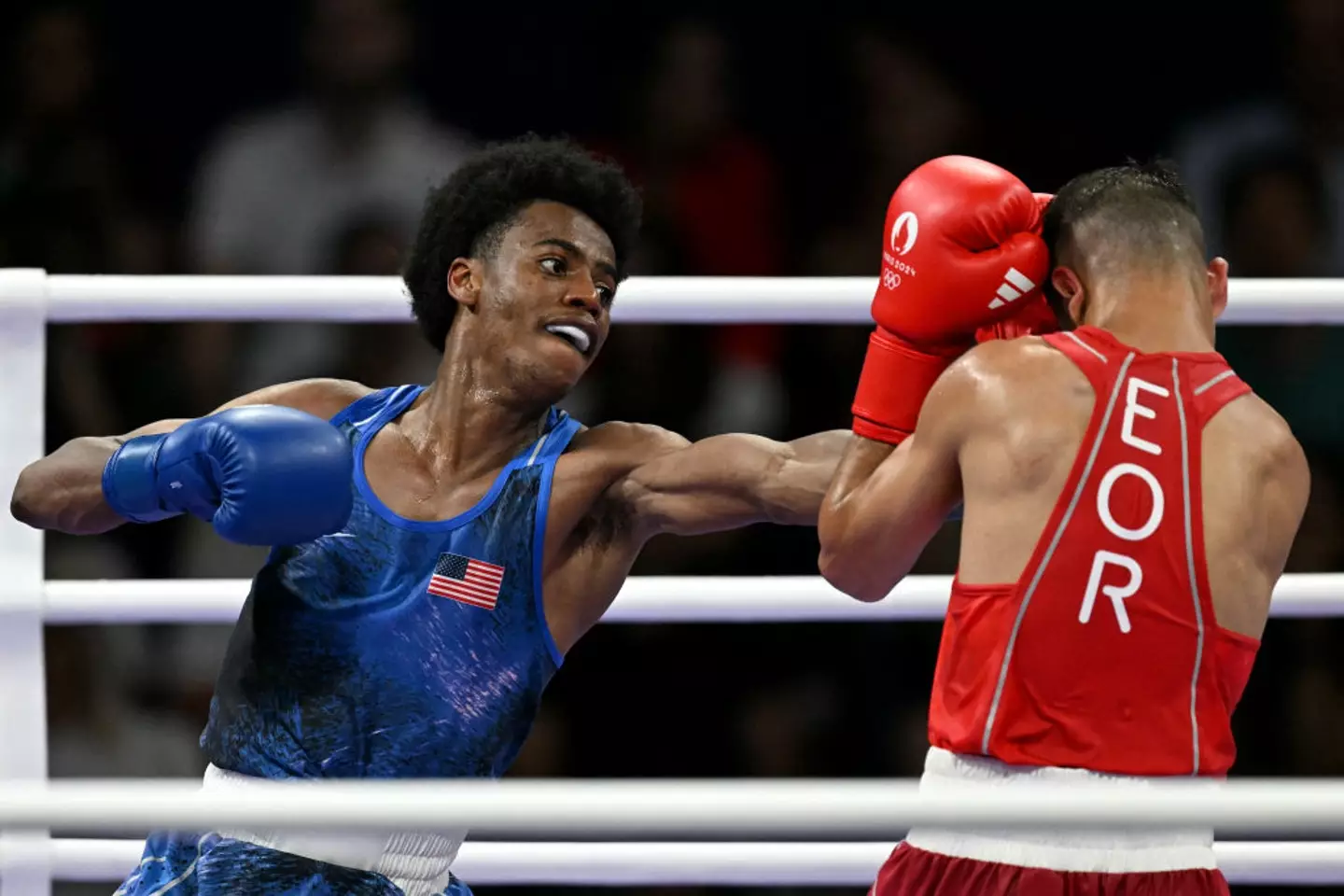
The Olympic Games is the ultimate global event, bringing together people from every corner of the world to compete in a showcase of the best sporting talent the human race has to offer.
But for some people, competing is difficult due to all manner of political, economic, and social reasons - so this is where organisers have stepped in, and it all revolves around the letters 'EOR' which you might see on certain athlete uniforms.
More than 10,000 competitors are at the 2024 Paris Olympics, going head-to-head for hundreds of gold medals across a variety of disciplines across 32 sports.
Advert
To compete in the summer games, you represent a country in which you have citizenship. If you have citizenship in more than one country, then you have to decide on the one you want to represent.
Team USA has the most athletes for 2024, with a staggering 594 competitors. This is closely followed by France's 572 and Australia's 460.
In stark contrast, Belize, Liechtenstein, Nauru and Somalia have sent just one athlete each.
Somewhat in the middle is a different group of sports stars, who you will see with EOR on their uniforms and gear used to compete.

What 'EOR' means at the Olympics
EOR is an acronym and stands for 'équipe olympique des réfugiés'.
It's the third time these athletes have existed in the Summer Olympics, having been first seen in 2016 and then again in 2020.
At 2016, the acronym used was ROT before EOR was adopted for the 2020 Tokyo Olympics.
As the last word in the acronym suggests, it is to represent the Refugee Olympic Team (hence the ROT in the Rio Games).

Why does the EOR Olympic team exist?
The EOR team was created back in March 2016 by International Olympic Committee (IOC) President, Thomas Bach, after first announcing it to the United Nations General Assembly a ear earlier.
The purpose behind it was creating an Olympic team that served as a symbol of hope and aspiration for those who come from uncertain backgrounds such as war, religious and sexual persecution, and political opinion.
"The IOC Refugee Olympic Team sends a great signal about what an enrichment refugees are for our Olympic community and for society at large," Bach said.
"Watching them compete is a great moment for all of us, and we hope everyone will join. The athletes are welcome in our Olympic community, among their fellow athletes - competing with them, but also living with them together under one roof."

EOR Olympic team at the 2024 Paris Olympics
There are 37 athletes in the EOR team at the Paris Games, coming from a total of 11 countries.
Just more than a third (14) are from Iran alone, while others include five athletes each from Afghanistan and Syria.
As with previous teams, the flag for the EOR team is the Olympic flag.
So far, no medals have been won by the EOR team since its inception in 2016. But given the reason for its existence, you could strongly argue that is not the purpose at this stage.
Topics: Crime, Environment, Global Warming, Olympics, Sport, Viral, World News